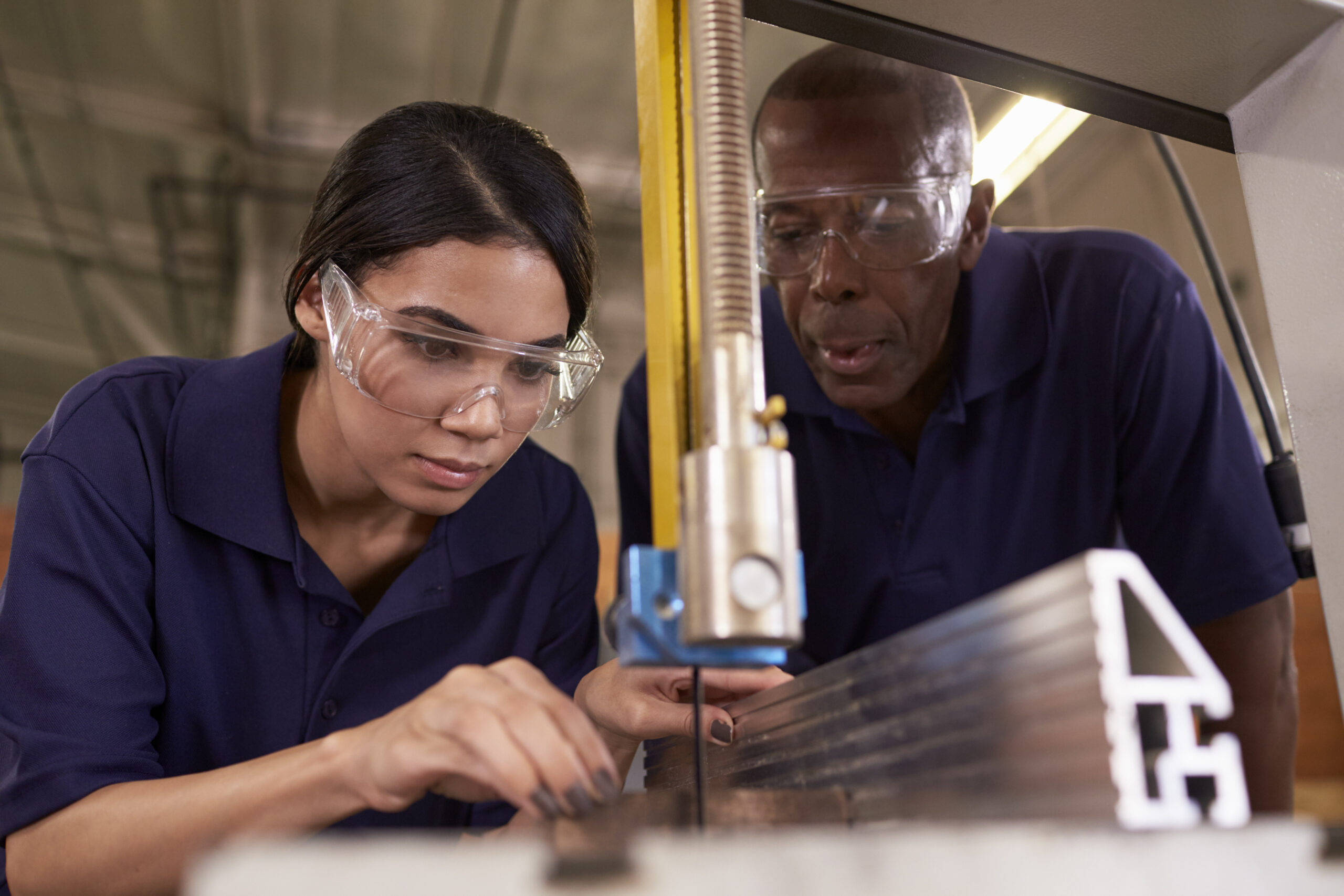Publications
The Pregnancy Assistance Fund as a Support for Student Parents in Postsecondary Education
Only two states, Minnesota and Virginia, have used their PAF grants to provide services related to postsecondary institutions. This fact sheet describes several of the programs and initiatives created by these PAF grantees.
Single Student Parents Face Financial Difficulties, Debt, Without Adequate Aid
Parents with dependent children were nearly one quarter of students enrolled for credit at American postsecondary institutions in 2008. These students face significant challenges to remaining enrolled and graduating, including limited access to affordable child care, difficulty balancing the demands of school with the demands of work and family, and financial limitations that make it difficult to remain enrolled.
Gender Segregation in Fields of Study at Community Colleges and Implications for Future Earnings
DOWNLOAD REPORT Postsecondary education yields myriad benefits, including increased earnings potential, higher lifetime wages, and access to quality jobs. But postsecondary degrees are not all equalin the benefits they bring to students and women tend to obtain degrees in fields with lower earnings. [...]
Housing Resources and Programs for Single Student Parents at Community and Technical Colleges
DOWNLOAD REPORT Parents with dependent children now make up almost one in four students pursuing higher education in the United States (Miller, Gault and Thorman 2011). Single parents face particular challenges pursuing higher education, including securing safe and affordable housing. Single mothers often [...]
Increasing Opportunities for Low-Income Women and Student Parents in Science, Technology, Engineering, and Math at Community Colleges
Drawing on a literature and program review, analysis of publicly available data, and consultations with experts in the field, this report examines opportunities for women and student parents to pursue and succeed in STEM fields at community colleges.
Retirement on the Edge: Women, Men, and Economic Insecurity After the Great Recession
The IWPR/Rockefeller Survey addressed the extent of economic security almost a year and a half after the recession officially ended. Many of the survey’s findings are detailed in the report, Women and Men Living On the Edge: Economic Insecurity After the Great Recession (Hayes and Hartmann 2011).








